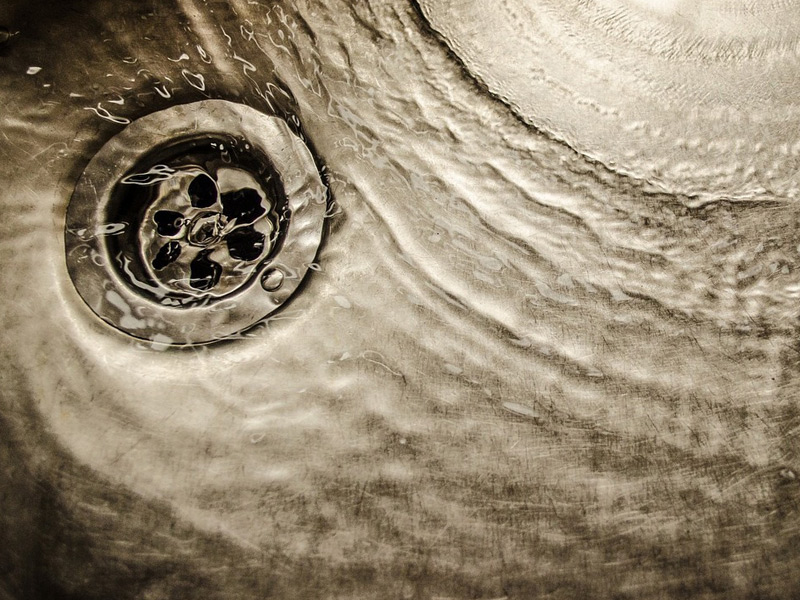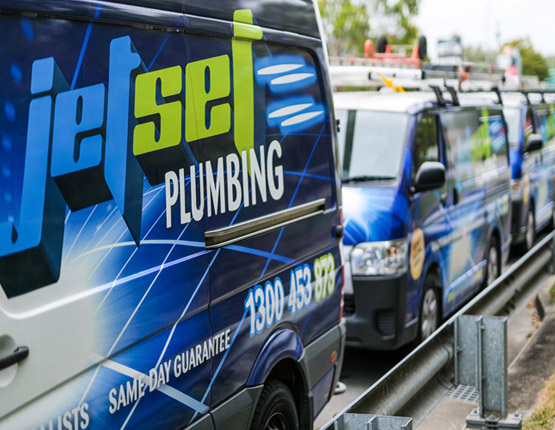It's morning. You've just woken up. You make your way to the kitchen in search of your morning coffee, only to be met with a sink full of water—the telltale sign of a blocked drain.
It's a nightmare that everyone will encounter at least once in their lifetime, but that doesn't make it any less of a nuisance. So, instinctively you call your landlord to explain what has happened only to be met by a gruff "that isn't my responsibility".
You are certain it is the landlord's responsibility to ensure the home is in good working order, but does that cover blocked drains? Or does that responsibility fall to you, the tenant?
Blocked drains can be confusing, and often the cause is what decides who is responsible for the repair. So, it is not necessarily a question of if your landlord is responsible, but rather when they are.
In this article:

Tree roots are known to be a bit of a nuisance when it comes to plumbing. Obviously, water is a tree's main source of nutrients, and your plumbing system often makes for the perfect victim.
Tree roots will seek out even the smallest of cracks in the pipe and use it as a way to slowly infiltrate. As this goes on, the tree roots form a thick netting within the pipes, slowing water flow and eventually blocking it almost entirely. These are often some of the worst blockages to deal with.
It should go without saying, but if it isn't toilet paper, it should not be going down the drain. Toiletries are a very common cause of blocked toilets, often being flushed out of convenience. However, most toiletry items are not made to decompose as quickly as toilet paper and can very easily get caught in the sewer lines, causing quite the blockage.
Rinsing leftover oils and greases down the kitchen sink has almost become a habit in many households, but they are actually a common cause of blocked drains.
Though they might go down the drain as a liquid, the moment they cool, they begin to form a thick coating along the internal pipe walls. Not only can this coating slow the flow of water itself, but it can also trap other food scraps being flushed down the drain, resulting in larger obstructions.

And finally, hair. It's true: a buildup of hair strands in a bathroom drain can very easily lead to a blocked drain. These types of clogs act incredibly similarly to root blockages, forming tight clumps of netting and slowing water flow as a result. The more the hair accumulates, the more dense the nets become, and the harder it is for water to drain through the pipe.
So, when is a blocked drain the tenants problem?
Generally, tenants are required to maintain the property, ensuring things are tidy and nothing is damaged. For instance, if a fixture is accidentally or purposefully broken, the tenant will often need to have the issue repaired themselves.
So, if the blocked drain has been caused by intentional damage or negligence, then the responsibility falls on the tenant. This means sink clogs caused by grease buildup, blocked toilets caused by non-flushable items, and shower drain blocks caused by hair all fall within the tenants' responsibility.
However, while the tenant is required to maintain the property; keeping it both clean and free of damage, the landlord is responsible for ensuring that the property is fit to live in from the get go.
In fact, before any tenants can actually move in, the landlord is required to ensure that all amenities on the property are in good working order. This should include having the plumbing inspected and repaired, if necessary.
Once the tenants do move in, the landlord is still required to take responsibility for any necessary repairs, specifically in the event of an emergency plumbing problem.
In the Residential Tenancies Act, a plumbing emergency is classified as one of the following:
The landlord may also be responsible for any maintenance repairs that need to be done on the property. For instance, if a blocked drain has been caused by the infiltration of tree roots, this may become the landlord's problem.
However, your tenant's agreement is going to be the best place to look if you are uncertain of who is responsible for any repairs. Hence, understanding and discussing this document is incredibly important.
In any case, if you are worried you have a blocked drain but are unsure of the cause, we've got you covered. At Jetset Plumbing, our expert technicians are able to do drain camera inspections in order to find the cause of the blocked drain.
Once you know the culprit, you'll be able to discern whether or not the issue was caused by negligence on the tenants' behalf or if it falls into the landlord's ballpark. At which point, our specialist plumbers will be able to get the problem fixed fast.
So, if you have a blocked drain and you need it repaired, call us at 1800 443 996.

Updated: November 2023

